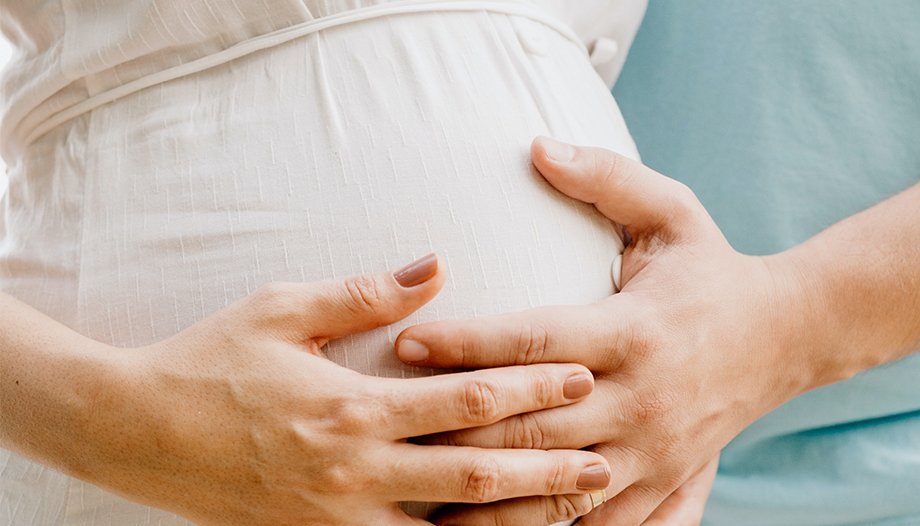Last May, the Chilean Ministry of Health drafted a new regulation on "Conscientious objection in the health sector". abortion", which would replace the one in force since 2018, in which health professionals and institutions can declare themselves objectors through a simple procedure. In order to have legal value, it is required to be approved by the Comptroller General of the Republic.
On July 1, Bishop René Rebolledo, president of the Episcopal Conference of Chileon behalf of all the bishops, gave a detailed report on the presentation addressed to the Comptroller's Office pointing out that it is unconstitutional and illegal. In its document it recalls that conscientious objection is a fundamental human right rooted in freedom of conscience, so that restricting this right may affect other fundamental rights such as equality and non-discrimination. This is clearly established in the Chilean Constitution.
In addition, the Health Code explicitly mentions those who are authorized by law to be conscientious objectors: the surgeon and the rest of the personnel who perform their functions inside the surgical ward during the intervention.
Discrimination on the basis of beliefs
The new regulation would encourage arbitrary favoring of non-objectors in the distribution of shifts and in the hiring of medical personnel. Also, an important modification is made in view of the assignment of shifts to be performed by the chiefs of service linked to gynecology-obstetrics; it establishes that the lists of conscientious objector personnel will be kept in view in order to "favor the presence of non-objector personnel in the distribution of shifts". This is a discrimination based on the moral or religious beliefs of the medical personnel -which affect their availability- and not on their suitability.
The bishop emphasizes that the Regulation conditions the free exercise of conscientious objection in that it obliges institutions (public and private health facilities) and their medical teams and officials (natural persons) who are conscientious objectors, to adopt and follow bureaucratic and burdensome requirements that, although they do not impede the exercise of the right, make it disproportionately difficult in such a way that, as a whole, they constitute incentives designed to alter the objector's status as an objector.
This new regulation eliminates the current provision that states that those who have declared conscientious objection "will maintain that status in all healthcare centers where they perform their duties, regardless of whether they are public or private". The elimination of this provision obliges the objector who provides services in different establishments to go through the necessary procedures again to manifest his conscientious objection.
Detrimental to a fundamental right
Rebolledo, there are five measures that impose conditions that hinder and/or discourage the free exercise of the right to conscientious objection. The approval of the Regulation would mean the detriment of the fundamental right to conscience and to live according to one's religious convictions.
Other organizations, such as "Comunidad y Justicia", also present a similar request to the Comptroller's Office, which will resolve it in the following months.








